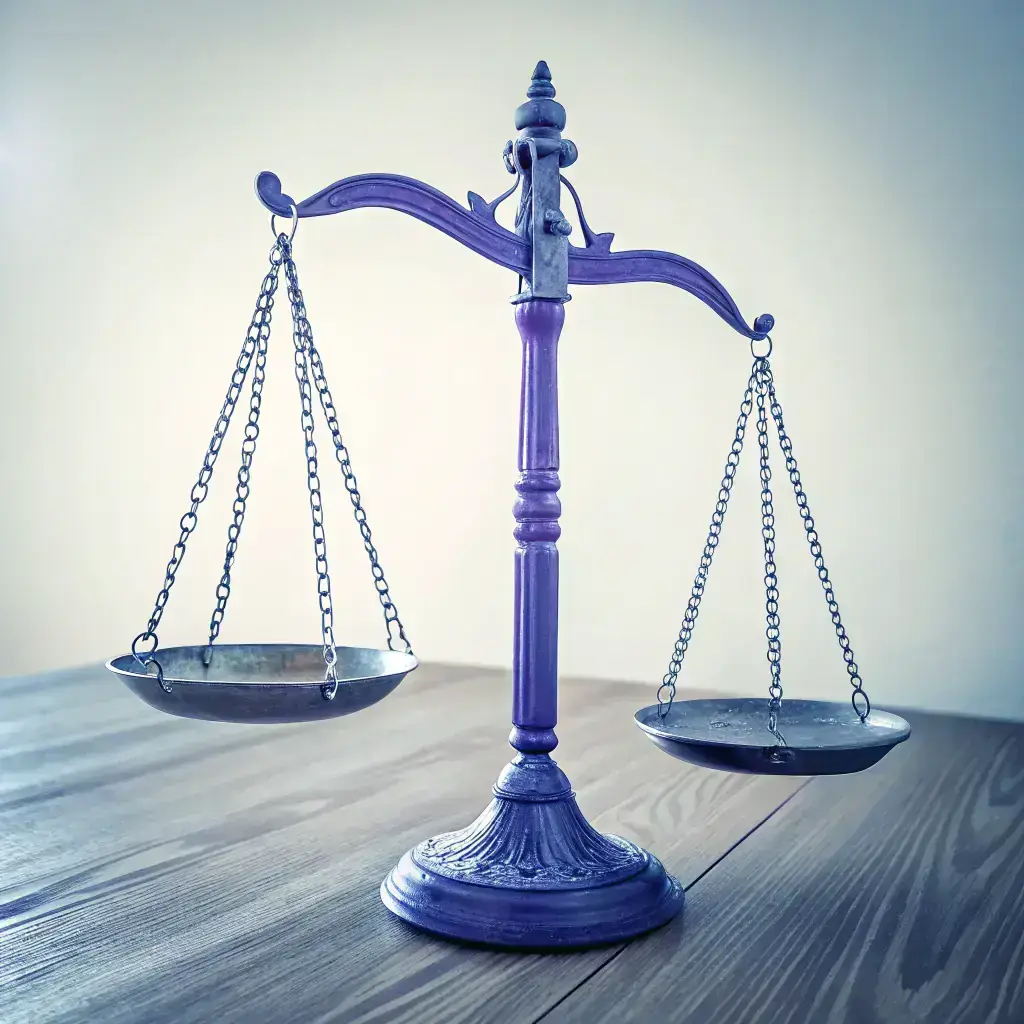Uncover the Truth with Polygraph Examinations
In legal and civil disputes, uncovering the truth is paramount. Our polygraph (Lie Detector) examinations provide a reliable method for assessing credibility and supporting your case with factual evidence. Trust Spectrum Polygraph Services for accurate and confidential results.
- Validate Testimony: Confirm the accuracy of witness statements.
- Resolve Disputes: Provide clarity in conflicting accounts.
- Support Credibility: Strengthen your position with objective evidence.

Why Use a Polygraph in Legal or Civil Cases?
Polygraph testing can play a key role in:
Supporting or challenging testimony in depositions or hearings
Strengthening claims in divorce, custody, or abuse allegations
Proving honesty during pre-litigation investigations
Encouraging settlement negotiations or avoiding trial altogether
Restoring reputation in defamation or character-based disputes
Common Situations We Handle
- Child custody and family court disputes
- False accusations of abuse, neglect, or misconduct
- Allegations of domestic violence or coercive behavior
- Civil fraud or misrepresentation claims
- Defamation, libel, or slander defense
- Property disputes where one party’s version of events is in question
Discover How a Legal Polygraph Can Benefit You.
At Spectrum Polygraph Services, we offer specialized polygraph examinations tailored for various legal contexts. Our services provide clarity and confidence, helping you navigate complex situations with reliable truth verification. Whether you’re an attorney, a private individual, or involved in legal proceedings, our expert lie detector tests are designed to meet your specific needs.

Attorneys in Civil or Family Court

Private Individuals Facing Accusations

Parties in Lawsuits or Negotiations
Sample Legal Polygraph Questions
- Have you ever physically harmed [name] during your relationship?
- Did you sign the disputed agreement without being coerced?
- Have you ever falsely accused [name] of child abuse?
- Did you knowingly provide false information in your statement or affidavit?
